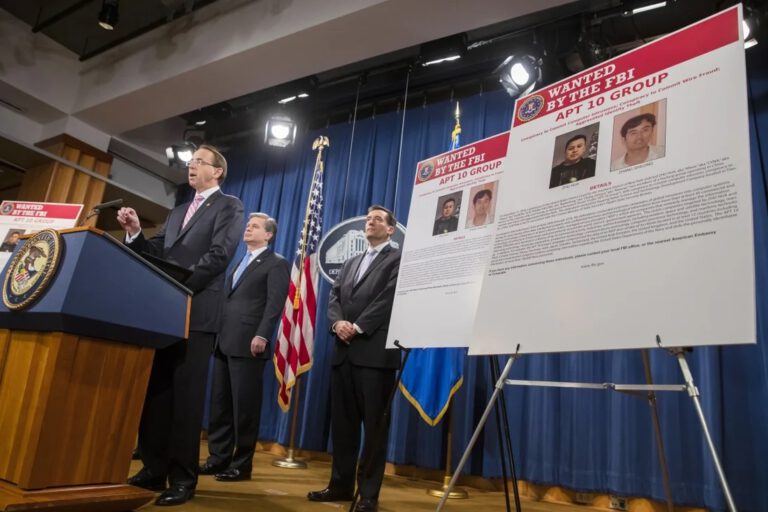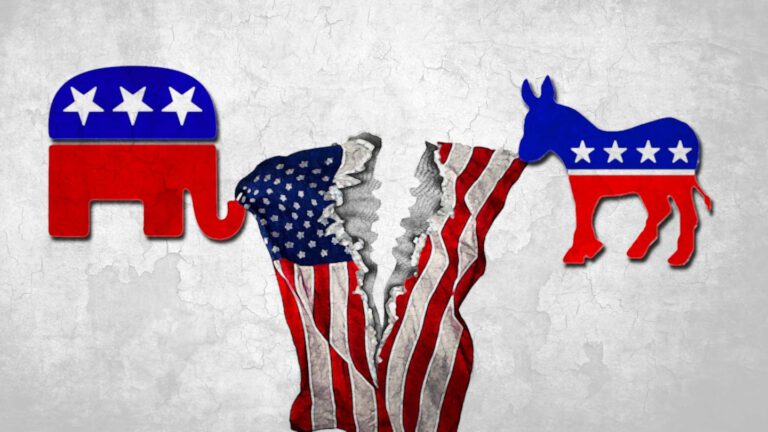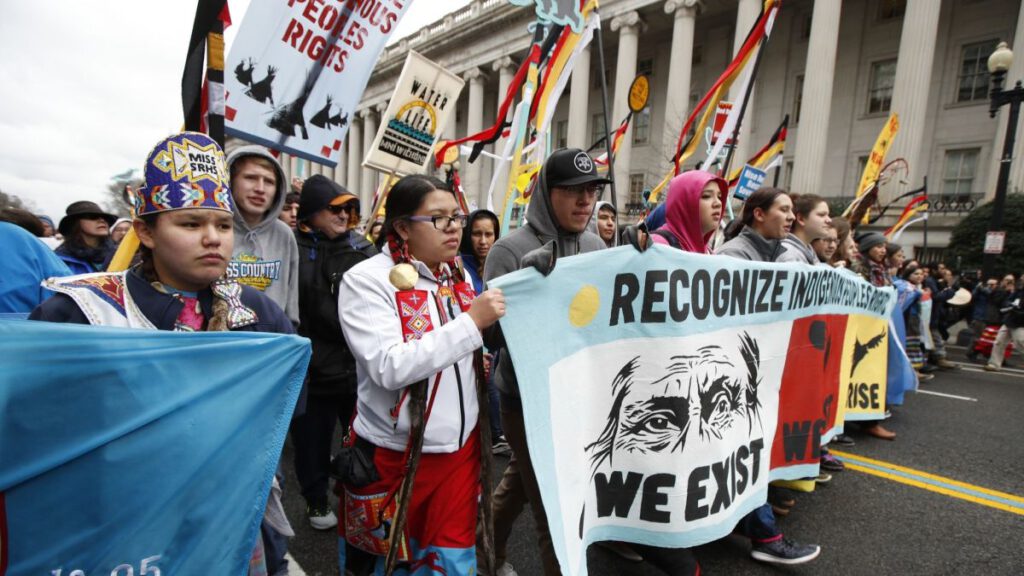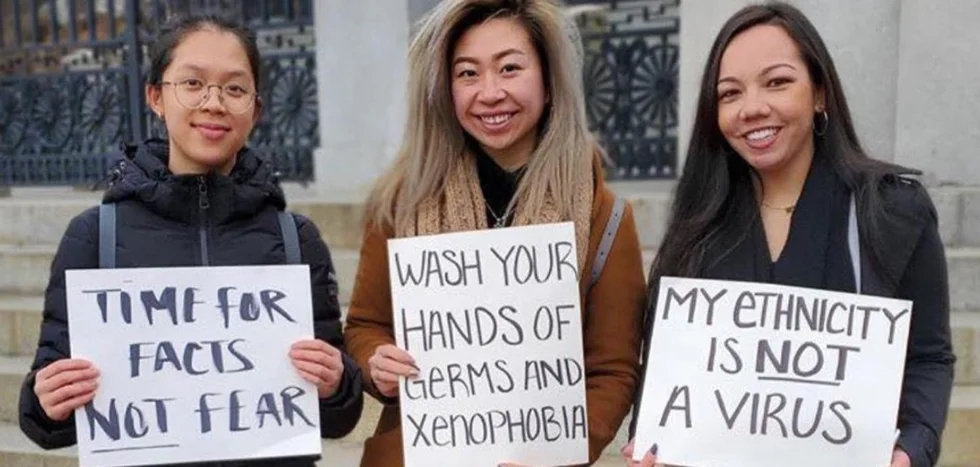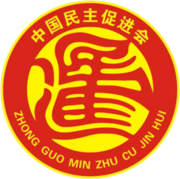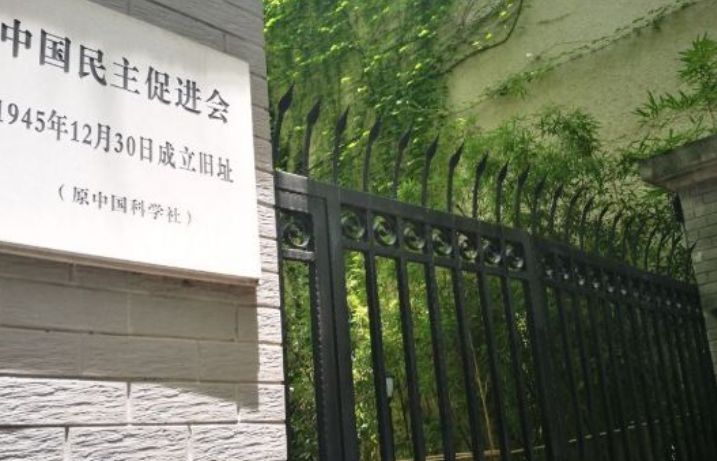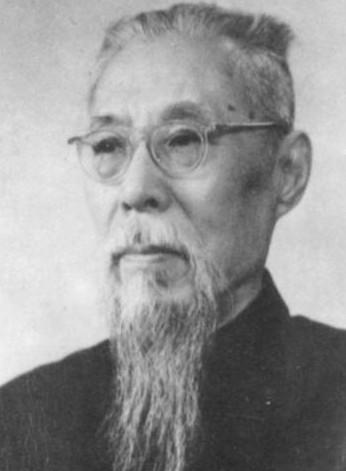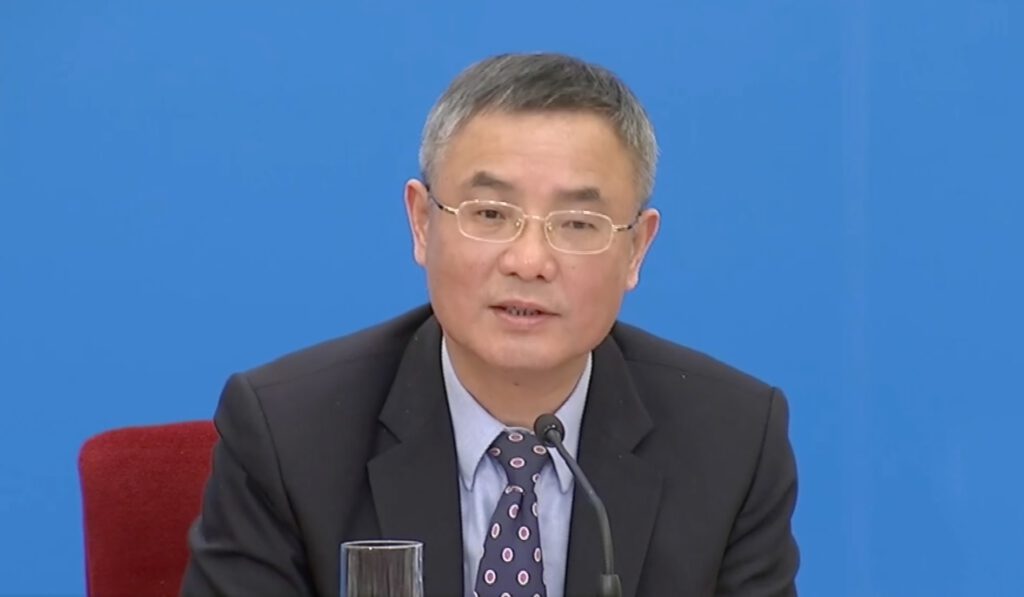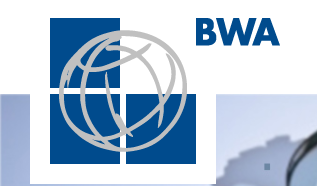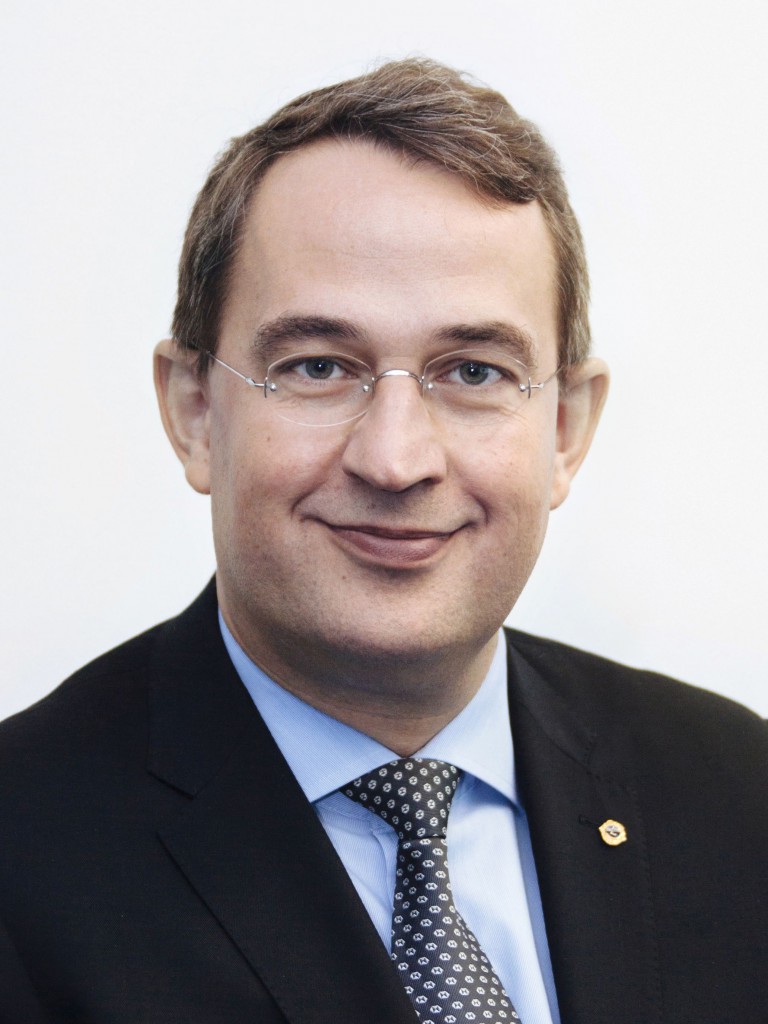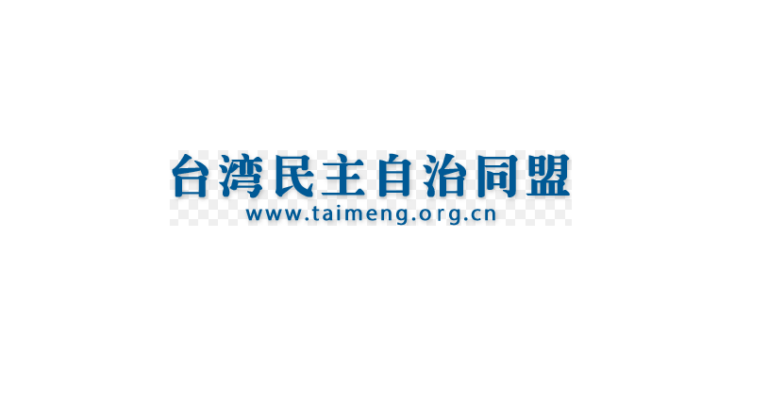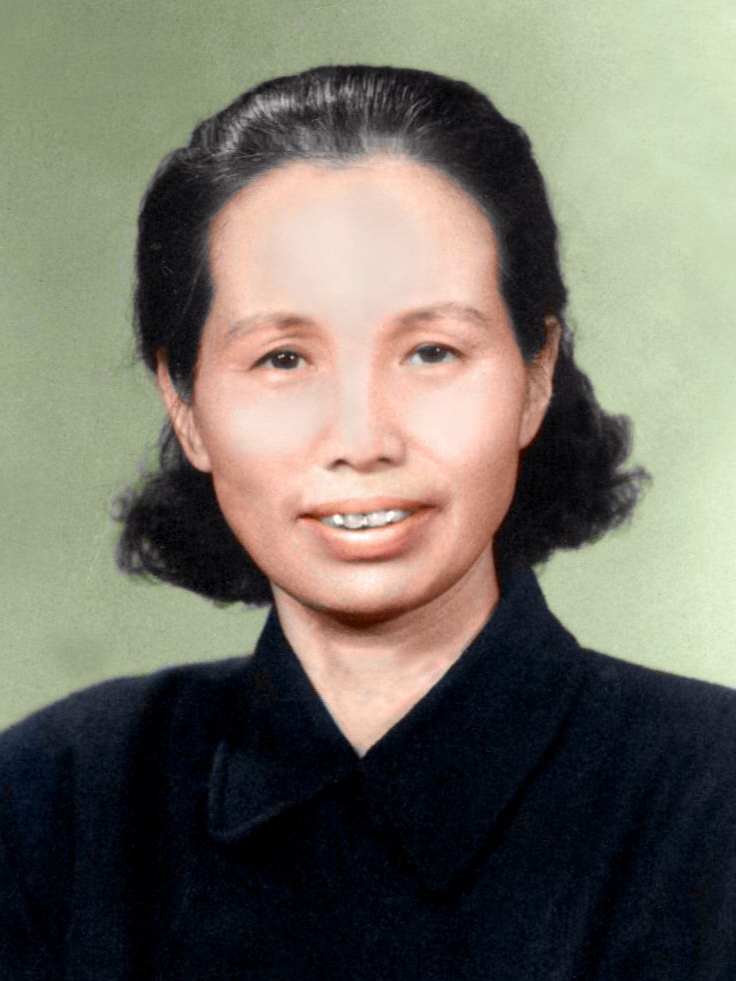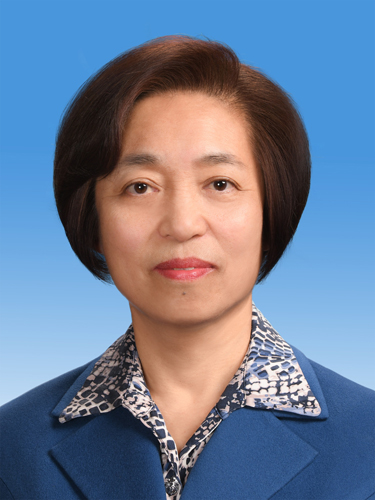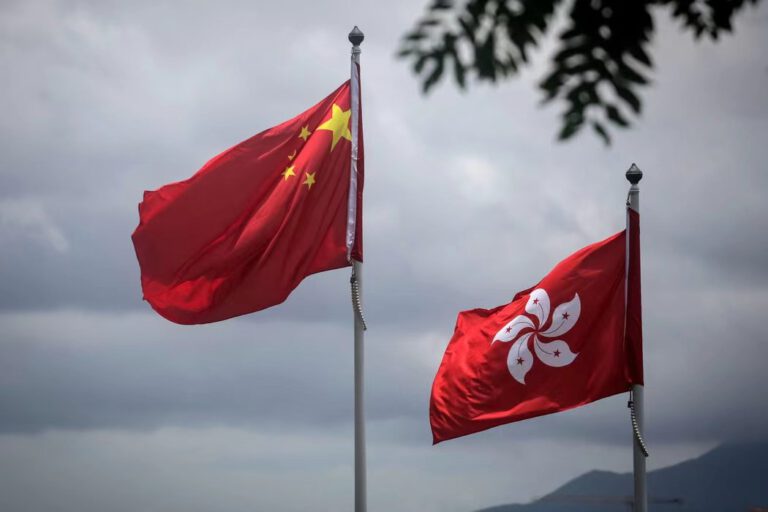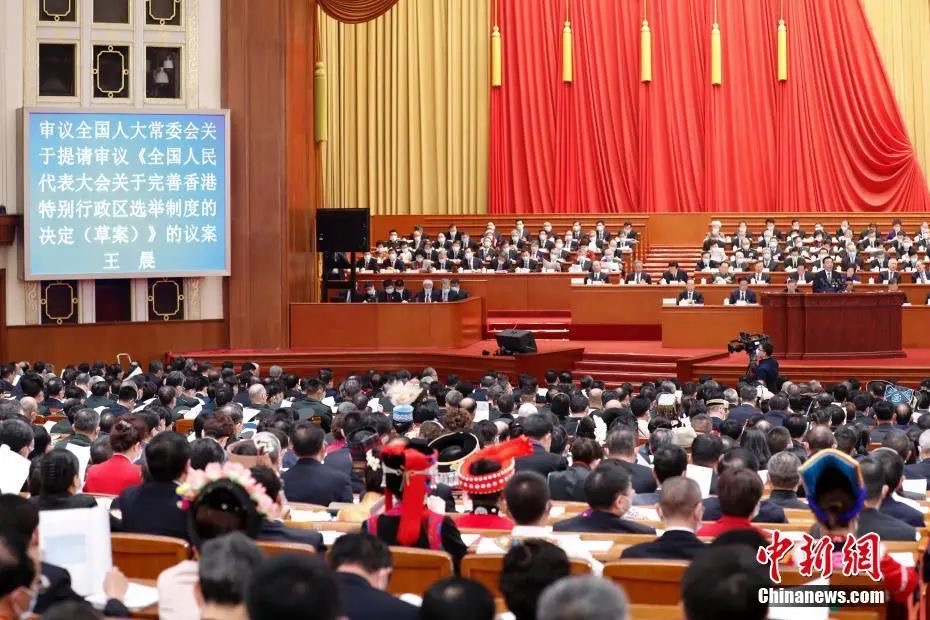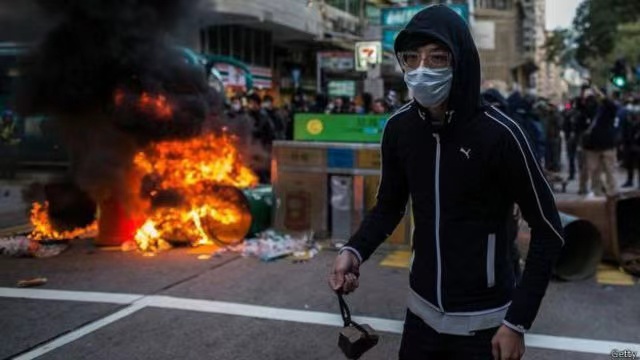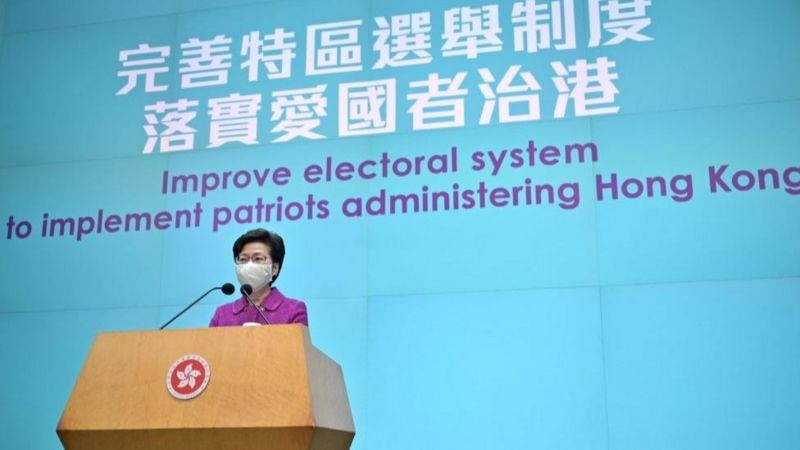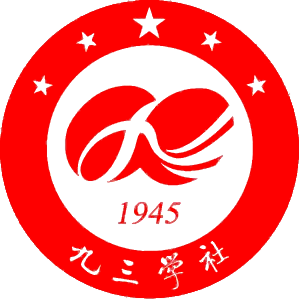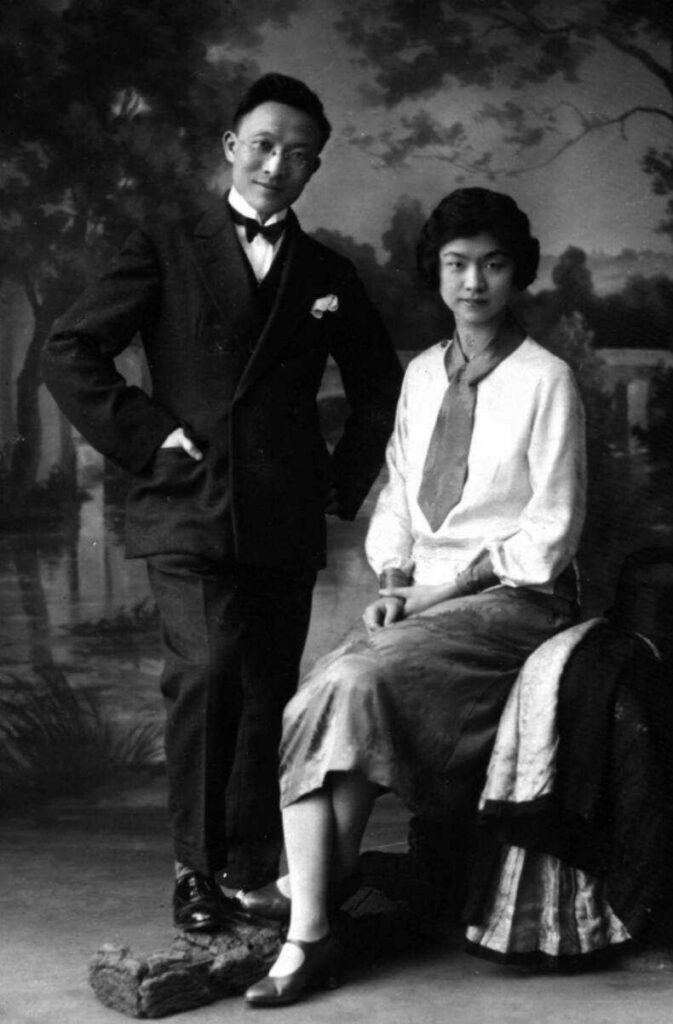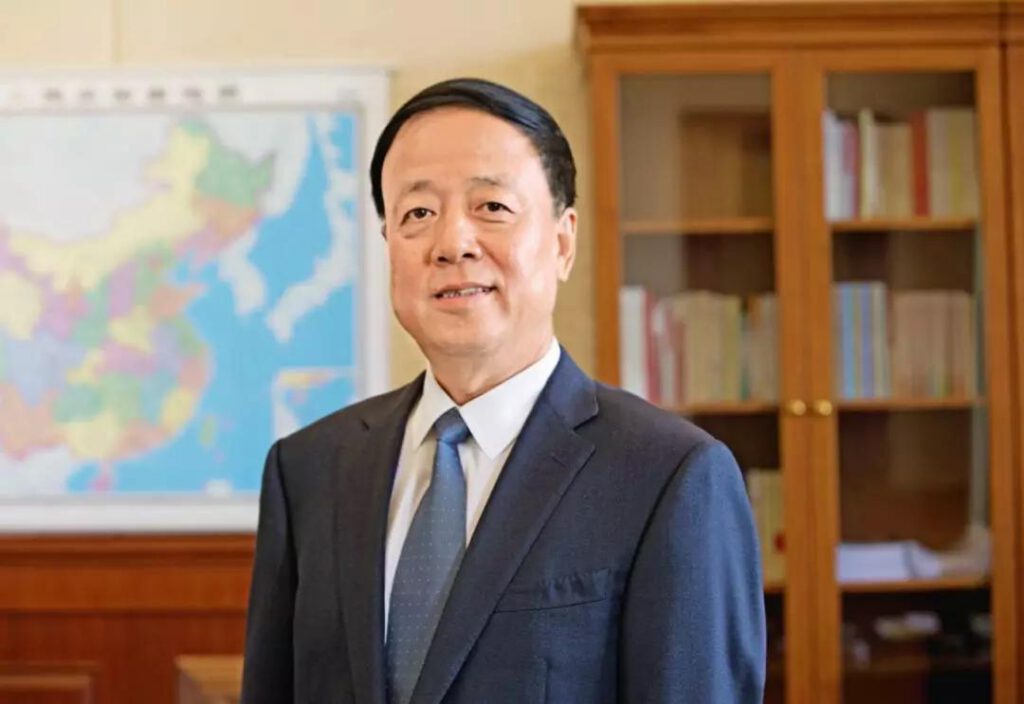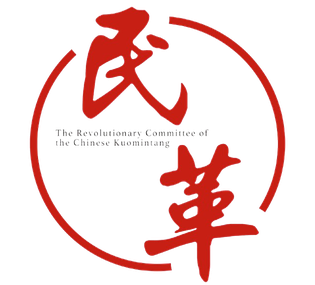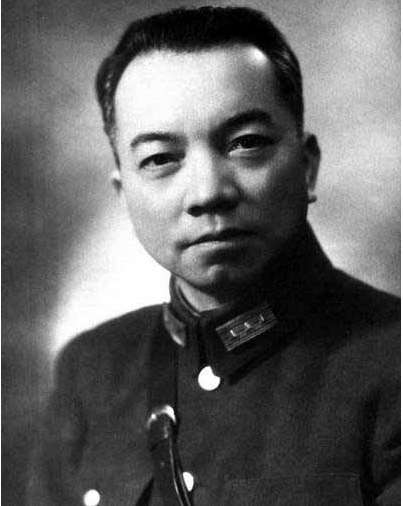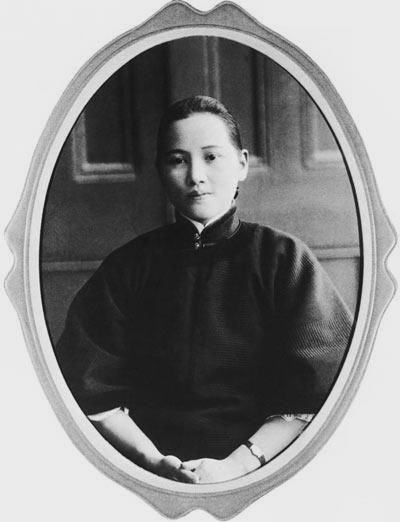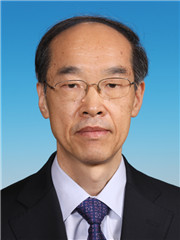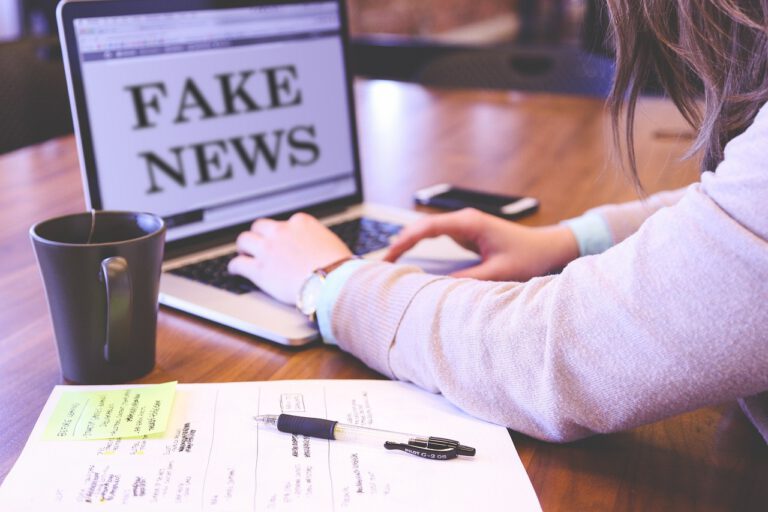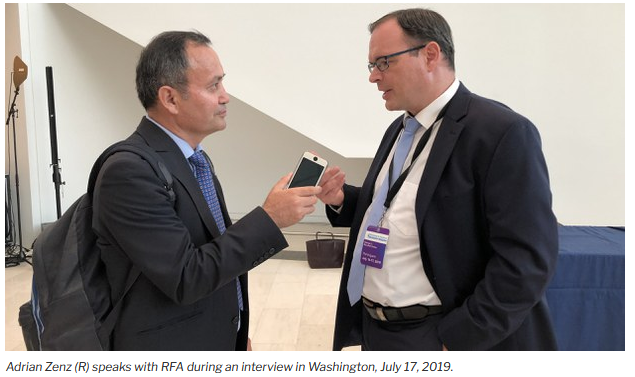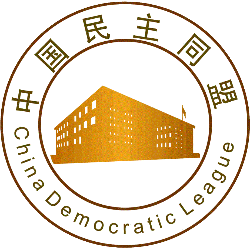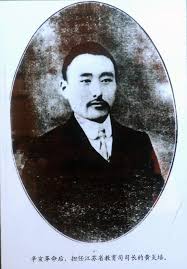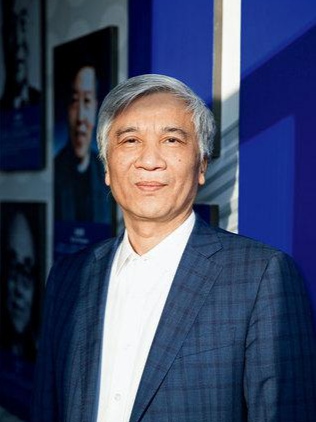Die Trump Administration veröffentlichte im Juni 2018 ein Dokument, auf dessen Basis heute Wissenschaftler, Studenten und Geschäftsleute in den USA gezielt beobachtet, verfolgt und unter fadenscheinigen Vorwänden verhaftet werden können, wenn sie Verbindungen zu China haben. Der Bericht, der China aggressives Verhalten in seinen Wirtschafts- und Forschungspraktiken unterstellt[1], bildet die Rechtfertigung für eine im Justizministerium der USA angesiedelte Gruppe von Strafverfolgern, gegen jegliche Verdachtsperson vorzugehen. Dieses Komitee, das unter dem Namen „China Initiative“ firmiert, soll unter anderem solche Personen identifizieren und strafrechtlich verfolgen, die „in den Diebstahl von Geschäftsgeheimnissen, Hacking und Wirtschaftsspionage verwickelt sind“. Sie diene auch der „Bekämpfung verdeckter Bemühungen, die amerikanische Öffentlichkeit und die politischen Entscheidungsträger ohne angemessene Transparenz zu beeinflussen.“[2]

Wrays „China Verschwörung“
Die China Initiative wird von einem Staatssekretär im Justizministerium, John C. Demers, geleitet. Im Führungsgremium, dem Lenkungsausschuss, sitzen Staatsanwälte und FBI-Agenten. Demers macht keinen Hehl aus seiner vollen Unterstützung für FBI-Direktor Christopher Wray und dessen Ansichten über China. Wrays pausenlose Barragen gegen China sind quasi sein tägliches Brot. So sagte er im Sommer 2020 beim Hudson Institute: „Die größte langfristige Bedrohung für das geistige Eigentum unserer Nation und für unsere wirtschaftliche Vitalität ist die Bedrohung durch Spionage und Wirtschaftsspionage aus China. Sie ist eine Bedrohung für unsere wirtschaftliche Sicherheit – und damit auch für unsere nationale Sicherheit.“[3] Im Februar 2020 sprachen Demers und Wray auf einer von der US-Regierung eigens organisierten China Initiative Konferenz in Washington D.C.[4] Bereits über 1000 Fälle von Diebstahl geistigen Eigentums im Zusammenhang mit China hätten Fahnder aufgedeckt und 19 Verhaftungen durchgeführt. Besonders chinesische Studenten würden verdächtigt, von Chinas Geheimdiensten für Wissenschaftsspionage rekrutiert zu werden. Der damalige US-Justizminister William Barr warnte in seiner Konferenzrede die USA und seine Verbündeten davor, jegliche Produkte des chinesischen Telekommunikationsunternehmens Huawei zu verwenden. FBI-Direktor Wray unterstellte China zudem, es würde „bewusst die Schwächen und die Offenheit des akademischen Umfelds der USA und die Offenheit der US-Wirtschaft“ ausnutzen. Die Message war klar: China ist der Feind auf allen Gebieten.
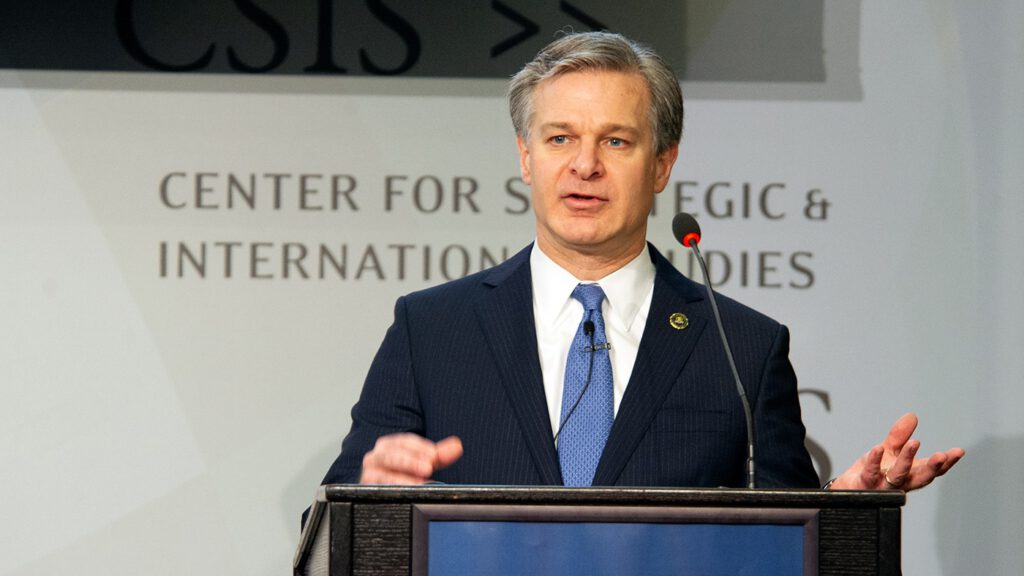
Der Fall Charles Lieber
Staatssekretär John Demers und Staatsanwalt Andrew Lelling suchten sich unter anderem auch ein besonders prominentes Opfer aus, dessen Fall in der Öffentlichkeit große Beachtung fand. Im Juni 2020 wurde Harvard-Professor Charles Lieber, weltbekannter Nanotechnologe und ehemaliger Leiter der Fakultät für Chemie und chemische Biologie, durch die US-Justiz angeklagt. In der kurzen Anklageschrift[5] behauptet die US-Regierung, Lieber habe gegenüber Ermittlungsbeamten wissentlich seine Beziehungen zur Technischen Universität in Wuhan, China, verheimlicht. Die Absicht der TU Wuhan sei gewesen, wissenschaftliche Spitzenforscher und Talente zu ködern, damit sie ihre Ergebnisse mit chinesischen Forschern teilten. Dies jedenfalls behauptet eine gemeinsam mit der Anklageschrift veröffentlichte Presseerklärung. Beweise legten sie nicht vor. Lieber habe mit Fördergeldern aus den USA und aus China internationale Kooperationsprojekte und Konferenzen organisiert und dabei junge Dozenten und Doktoranden involviert. Wegen angeblicher Falschaussagen könne Professor Lieber eine Gefängnisstrafe von bis zu fünf Jahren und eine Geldbuße von 250.000 US-Dollar erhalten. Lieber erklärte sich Ende Januar 2021 vor Gericht für nicht-schuldig und wurde auf Kaution (1 Mio. US-Dollar) freigelassen. Ihm und seiner Ehefrau wurde der Reisepass entzogen und jeglicher Kontakt zu drei chinesischen Universitäten untersagt.
Wissenschaftlern Angst machen
Am 1. März unterzeichneten über 40 Spitzenforscher, darunter sieben Nobelpreisträger, einen Brief, der die Strafverfolgung von Professor Lieber scharf verurteilte. Das fundamentale Konzept der Forschungszusammenarbeit, die Freiheit der Lehre und des wissenschaftlichen Fortschritts seien durch die um sich greifenden Praktiken der US-Behörden gegen internationale Wissenschaftler in großer Gefahr. Wörtlich heißt es: „Trotz seines Ansehens in der wissenschaftlichen Gemeinschaft – oder vielleicht gerade deswegen – ist er zur Zielscheibe einer tragisch fehlgeleiteten Regierungskampagne geworden, die US-Wissenschaftler von der Zusammenarbeit mit Kollegen in anderen Ländern, insbesondere in China, abhält. Damit bedroht sie nicht nur die Position der Vereinigten Staaten als Weltmarktführer in der akademischen Forschung, sondern auch die Wissenschaft selbst.“[6] Viele der Ermittlungen würden „ein grundlegendes Missverständnis der modernen Wissenschaft“ widerspiegeln, in der „Open-Source-Praktiken Entdeckungen für alle zugänglich machen“ sollen. Die US- Staatsanwälte hätten ohne Beweise für schwerwiegendes Fehlverhalten „Wissenschaftler wegen angeblicher Falschangaben in Bezug auf zweideutige Formulare für Zuschüsse“ mit einem Staatsverbrechen angeklagt. Nunmehr habe die Regierung einzelne Fakultäten kriminalisiert – „und damit den Wissenschaftlern Angst vor der internationalen Zusammenarbeit gemacht, die so viel Fortschritt bringt.“
30 Jahre für Gang Chen?
Auch im Falle der Verhaftung eines langjährigen Dozenten am Massachusetts Institute of Technology (MIT) regt sich Widerspruch. Nur wenige Tage nach der Verhaftung von Professor Gang Chen am 14. Januar 2021 richteten Mitglieder der Maschinenbau-Fakultät, an der Gang Chen lehrte, einen Brief an den Universitätspräsidenten Rafael Reif. In dem Brief, der mittlerweile von über 170 Unterzeichnen mitgetragen wird, ist man vollkommen verblüfft: „Die Strafanzeige gegen Professor Chen hat nichts mit dem Schutz geistigen Eigentums zu tun. Sie ist zutiefst fehlerhaft und irreführend in ihren Behauptungen […] Die offizielle Beschwerde ist voller Anschuldigungen und Unterstellungen, die sich auf einige der routinemäßigsten und sogar harmlosesten Elemente unseres Berufslebens beziehen. Standardpraktiken wie das Schreiben von Empfehlungen für unsere Studenten, damit sie Stipendien oder andere prestigeträchtige und wohlverdiente Karriereschritte erhalten, werden als eine Art von Absprache mit externen Kräften dargestellt, um ihnen zu helfen, amerikanische Technologie zu stehlen. […] In vielerlei Hinsicht ist die Klage gegen Gang Chen eine Klage gegen uns alle, ein Affront gegen jeden Bürger, der die Wissenschaft und das wissenschaftliche Unternehmen schätzt.“[7] Der Brief stellt die falschen Anschuldigungen richtig und ruft zur Verteidigung der wissenschaftlichen Freiheit in den USA auf. Professor Chen, der seit dem Jahr 2000 die amerikanische Staatsbürgerschaft hat und am MIT ein Nanotechnologie-Labor leitete, erwarten bei einer Verurteilung bis zu 30 Jahre Haft und eine Geldstrafe von bis zu einer dreiviertel Million Dollar.
Rassismus
Während Senator McCarthy im Amerika der 1950er Jahre eine politische Terrorkampagne anführte, die vor kommunistischer Unterwanderung amerikanischer Institutionen durch sowjetische Agenten warnte, hat sich die neue Form des „McCarthyism“ in Form der China Initiative und FBI-Chef Wray nun eben China als geopolitischen Hauptfeind auserkoren. Das Ziel scheint die völlige Entfremdung und Abkopplung zwischen den USA und China zu sein – eine Richtung, die für die Weltwirtschaft nicht bezifferbare Schäden hervorrufen würde, da die Ressourcen und Kräfte der beiden größten Volkswirtschaften nicht für gemeinsame Aufgaben gebündelt, sondern gegeneinander gerichtet wären. Organisationen wie Asian Americans Advancing Justice, die Chinese Americans Alliance u.a. fordern deswegen in einem offenen Brief an die Regierung Biden, diese antichinesische und rassistisch motivierte Organisation aufzulösen. Die Strategie des Justizministeriums sei „nicht nur ineffektiv bei der Bekämpfung von Sicherheitsbedrohungen, sondern auch extrem schädlich für die asiatisch-amerikanische Gemeinschaft. Sie hat auch der amerikanischen Führungsrolle in der Wissenschaft und der internationalen Zusammenarbeit in der Grundlagenforschung geschadet.“[8] Das FBI würde Fördermittelgeber, Universitäten und Forschungseinrichtungen unter Druck setzen, Menschen wegen ihrer ethnischen und nationalen Herkunft auszusondern, „was insgesamt zu diskriminierenden und stigmatisierenden Untersuchungen von Menschen chinesischer Abstammung führt“, so der Brief. Dies ist umso bedauerlicher, da Biden in seinen ersten Tagen als Amtsinhaber ein Memorandum unterschrieb, dass Rassismus und Xenophobie gegenüber Asiatisch- Amerikanischen Bürgern, gerade auch im Zusammenhang mit Schuldzuweisungen für die Corona-Pandemie, streng verurteilte.[9]
Eindämmung Chinas ist boshaft
Bislang jedenfalls scheint auch die Biden-Regierung entschlossen zu sein, die harte Linie gegenüber China fortzusetzen. Dies verdeutlichte auch die Anfang März veröffentlichte Agenda der Handelspolitik für 2021. Darin findet man gleich im Eingang entsprechend provokative Ausführungen: „Die Biden-Administration erkennt, dass Chinas zwanghafte und unfaire Handelspraktiken den amerikanischen Arbeiter schädigen, unseren technologischen Vorsprung bedrohen, die Widerstandsfähigkeit unserer Lieferketten schwächen und unsere nationalen Interessen untergraben. Die Bewältigung der Herausforderung China erfordert eine umfassende Strategie und einen systematischeren Ansatz als die stückweise Vorgehensweise der jüngsten Vergangenheit. Die Biden-Administration führt eine umfassende Überprüfung der US-Handelspolitik gegenüber China als Teil der Entwicklung ihrer allgemeinen China-Strategie durch.“[10] Chinas Regierung hat diese Strategie, die offensichtlich die Absicht hat, die Entwicklungsziele Chinas und anderer Länder zu sabotieren, bereits zurecht als bösartig und Ausgeburt eines barbarischen geopolitischen Spiels bezeichnet.
[1] The White House: How China’s Economic Aggression Threatens the Technologies and Intellectual Property of the United States and the World. https://china.usc.edu/sites/default/files/article/attachments/white-house-china-threatens-us-intellectual-property-2018-06.pdf
[2] The United States Department of Justice: Information about the Department of Justice`s China Initiative and a compilation of China-related prosecutions since 2018. https://www.justice.gov/nsd/information-about-department-justice-s-china-initiative-and-compilation-china-related
[3] Christopher Wray: The Threat Posed by the Chinese Government and the Chinese Communist Party to the Economic and National Security of the United States. https://www.fbi.gov/news/speeches/the-threat-posed-by-the-chinese-government-and-the-chinese-communist-party-to-the-economic-and-national-security-of-the-united-states
[4] FBI is investigating more than 1,000 cases of Chinese theft of US technology. https://www.zdnet.com/article/fbi-is-investigating-more-than-1000-cases-of-chinese-theft-of-us-technology/
[5] The United States Department of Justice: Harvard University Professor Indicted on False Statement Charges. https://www.justice.gov/opa/pr/harvard-university-professor-indicted-false-statement-charges
[6] A Call to Save Professor Charles Lieber and Scientific Collaboration. https://assets.documentcloud.org/documents/20493785/read-the-full-letter-from-harvard-scientists-calling-to-save-professor-charles-lieber-and-scientific-collaboration.pdf
[7] Faculty Letter to President Reif in Support of Professor Gang Chen. https://fnl.mit.edu/january-february-2021/faculty-letter-to-president-reif-in-support-of-professor-gang-chen/
[8] http://www.apajustice.org/uploads/1/1/5/7/115708039/letter_to_president-elect_biden_re_the_china_initiative.pdf
[9] The White House: Memorandum Condemning and Combating Racism, Xenophobia, and Intolerance Against Asian Americans and Pacific Islanders in the United States. https://www.whitehouse.gov/briefing-room/presidential-actions/2021/01/26/memorandum-condemning-and-combating-racism-xenophobia-and-intolerance-against-asian-americans-and-pacific-islanders-in-the-united-states/
[10] United States Trade Representative: 2021 Trade Policy Agenda and 2020 Annual Report. https://ustr.gov/sites/default/files/files/reports/2021/2021%20Trade%20Agenda/Online%20PDF%202021%20Trade%20Policy%20Agenda%20and%202020%20Annual%20Report.pdf



